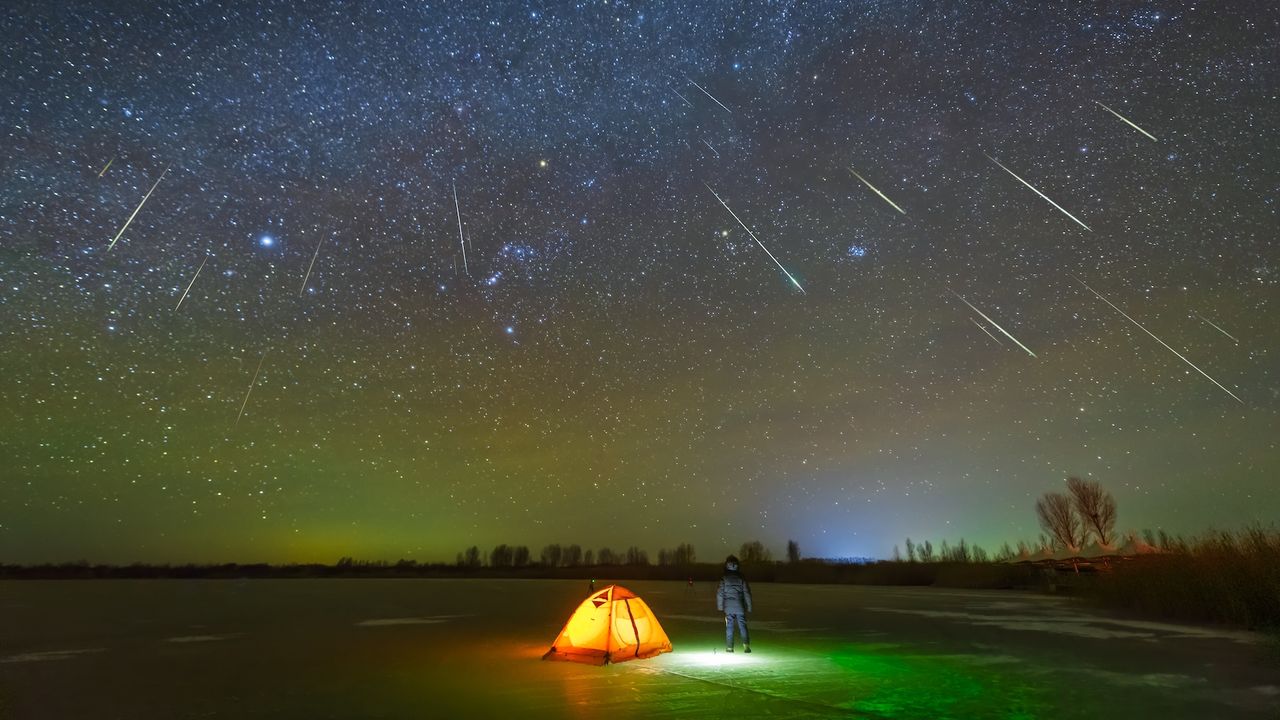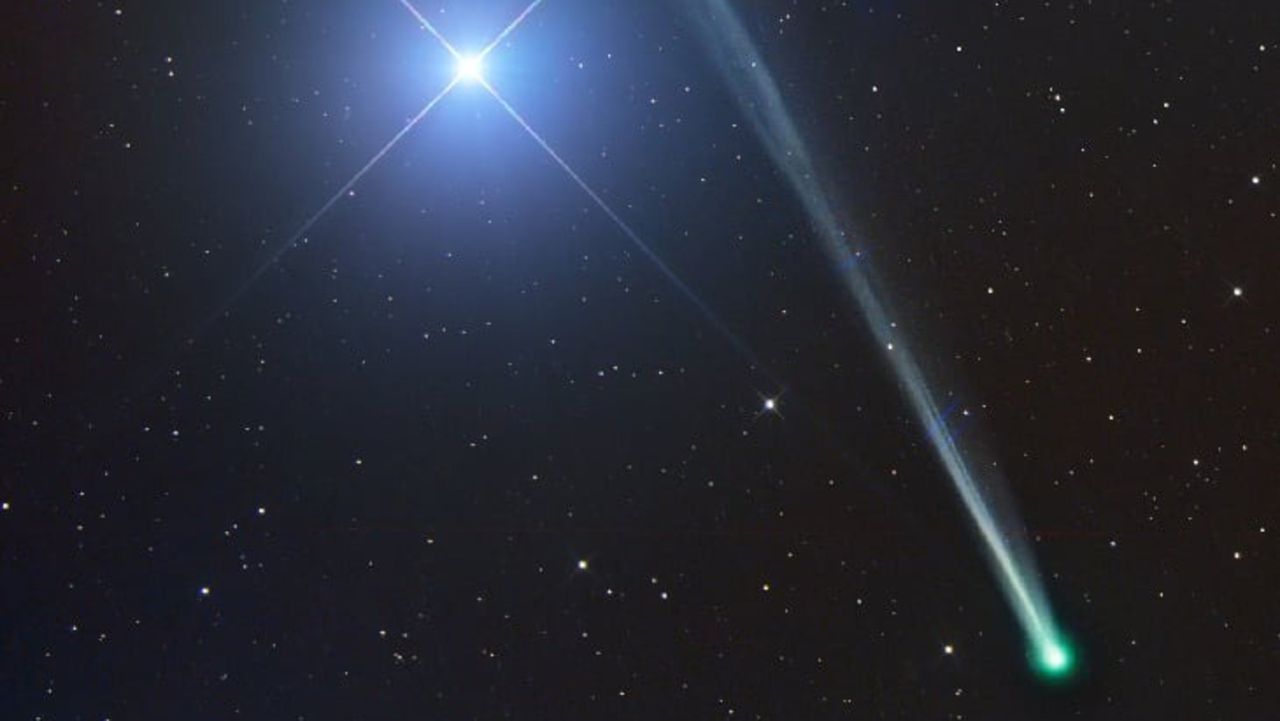Australia's rainforests are releasing more carbon than they absorb, warn scientists
NegativeScience
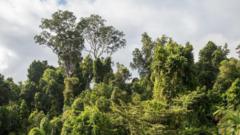
Scientists have raised alarms about Australia's rainforests, which have become the first globally to release more carbon than they absorb. This shift is concerning as it highlights the impact of climate change on these vital ecosystems, emphasizing the urgent need for action to protect our environment and mitigate further carbon emissions.
— Curated by the World Pulse Now AI Editorial System

/https://tf-cmsv2-smithsonianmag-media.s3.amazonaws.com/filer_public/73/67/7367517f-6c92-4305-bd05-5ef58f0c278e/stenomylus_skeleton.jpg)
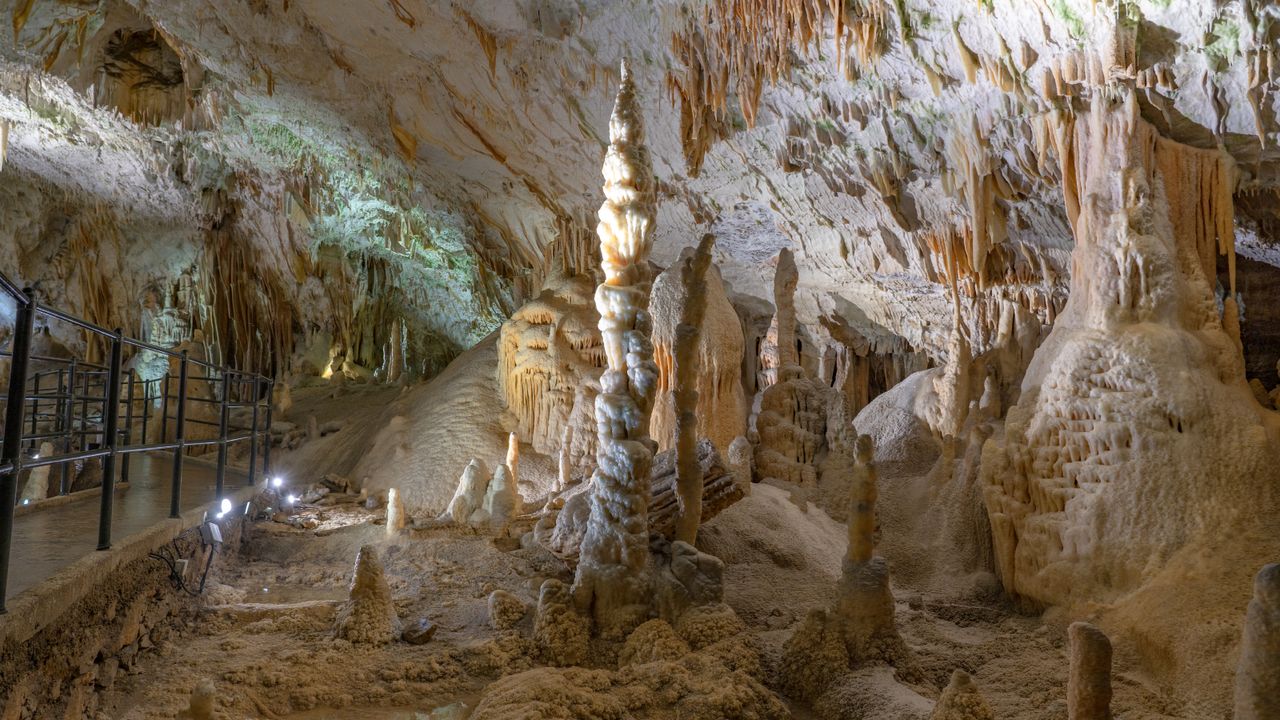


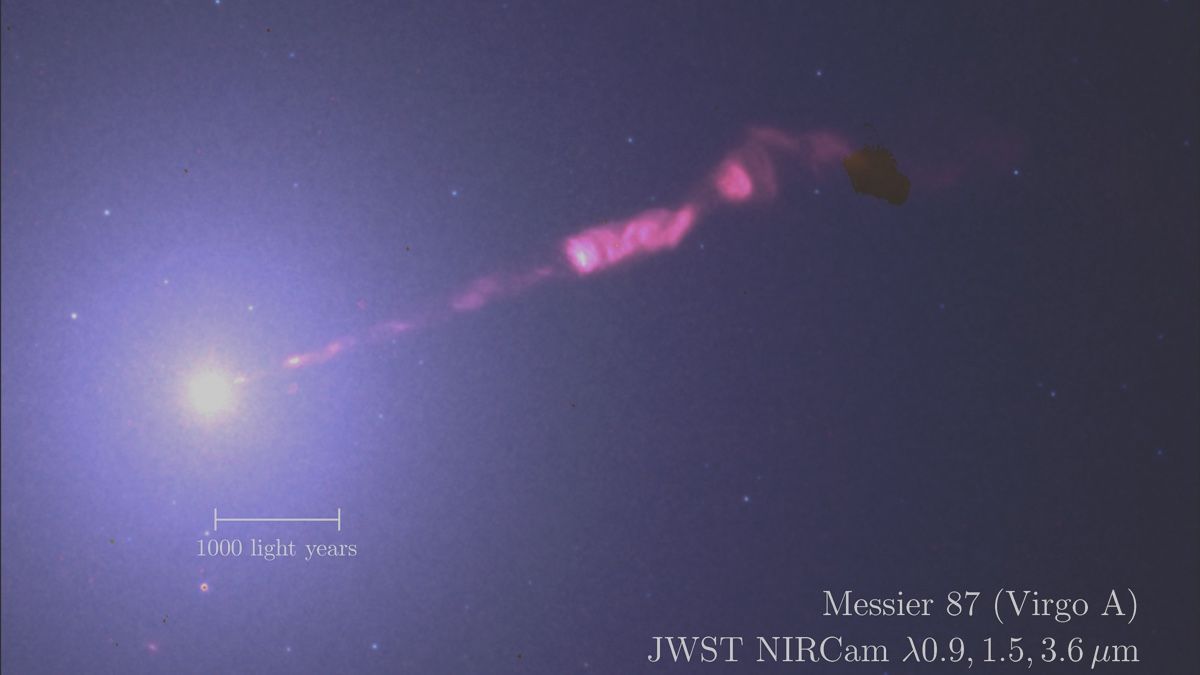
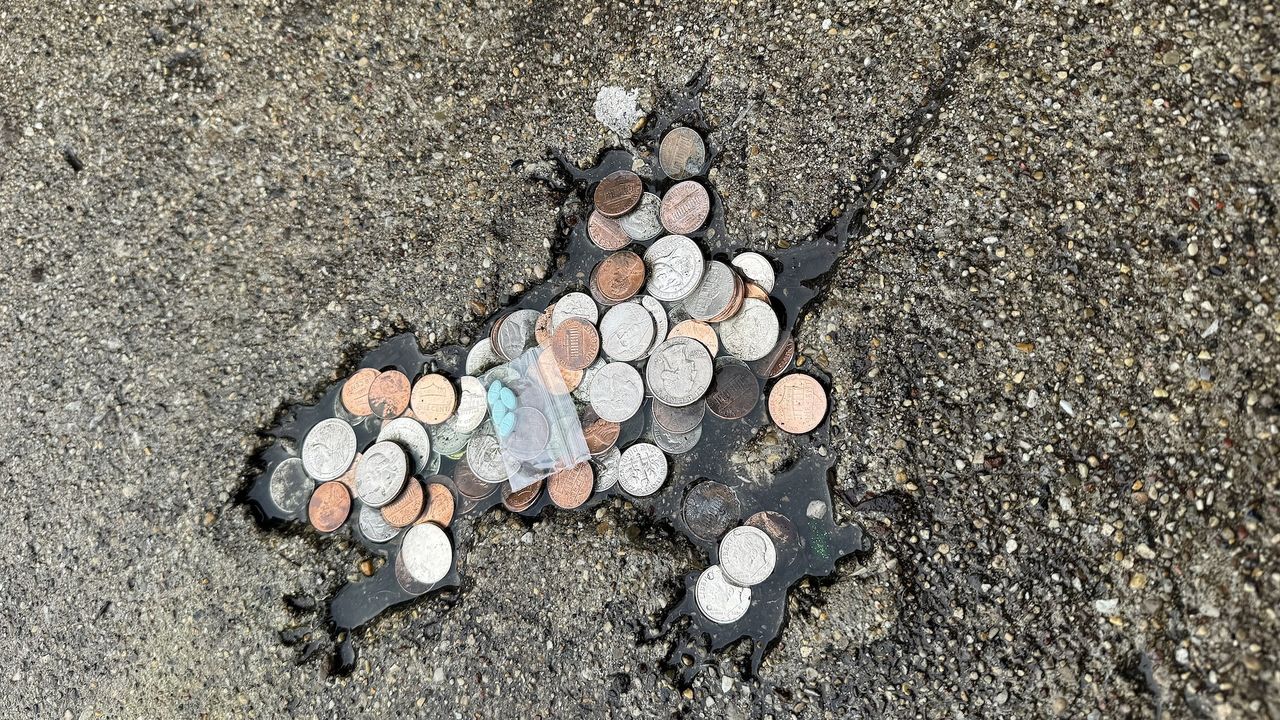
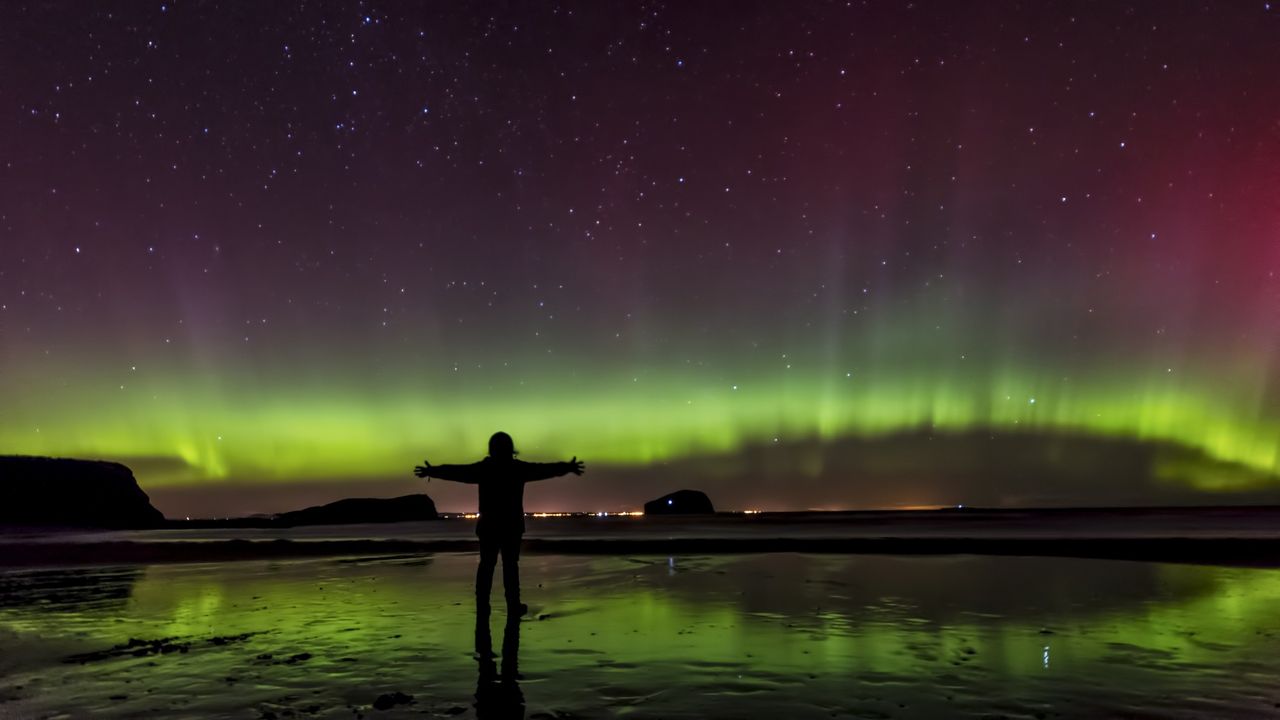
/https://tf-cmsv2-smithsonianmag-media.s3.amazonaws.com/filer_public/a1/e0/a1e0f2cc-ecc9-42f0-9055-ff3692dcabd5/gettyimages-1527347557.jpg)
